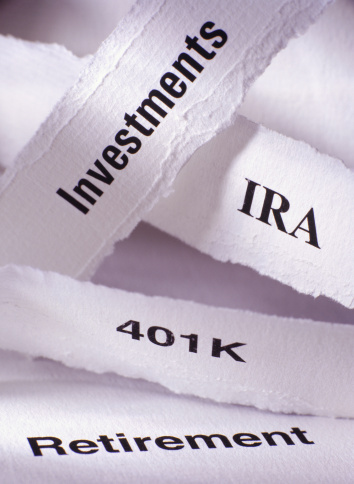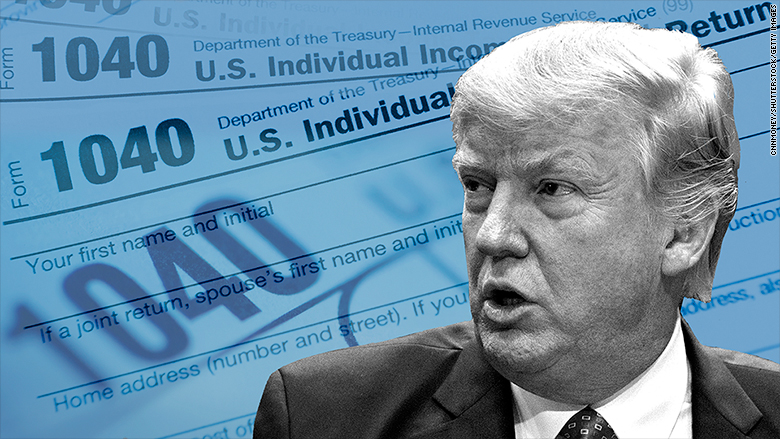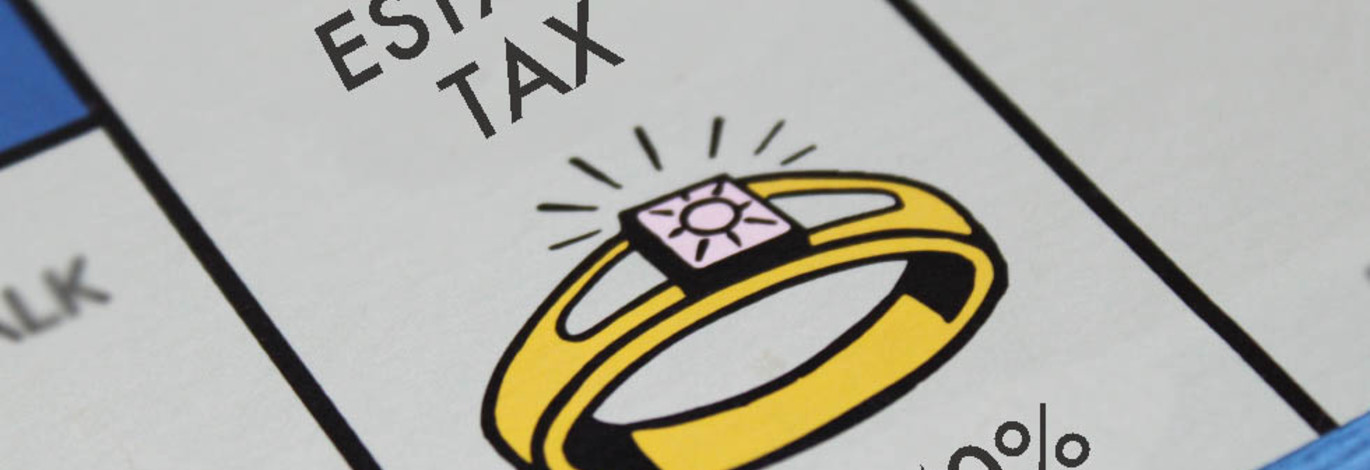The Foreign Pension Tax Trap
If you’re working abroad for a foreign company, watch out for the foreign pension tax trap. If you get caught, you might be paying double tax on your retirement income… once when earned by the U.S. and once at distribution in your country of residence.
First, let me say that this is not meant as a definitive guide on foreign pensions. A proper analysis would review every tax treaty out there and thus be longer than War and Peace. My intent is to identify the issues faced by U.S. expats with a foreign pension so that you may go to your local tax person, or Human Resources department, to discuss how to avoid the foreign pension trap.
Second, these issues do not concern expat entrepreneurs or business owners. Presumably, you would utilize a U.S. qualified pension plan or defined benefit plan for yourself and avoid these problems.
Of course, if you are operating a small business, and your income is less than the Foreign Earned Income Exclusion ($99,200 in 2014), you don’t need to be concerned with a pension, be it foreign or domestic.
Now that I’ve buried the lead in the 5th paragraph, let’s talk about the foreign pension tax trap. If you work for a foreign company, and have the option of taking a foreign pension, you need to understand the general rules (described here), the foreign tax credits available, timing issues, and specific tax treaty provisions between your country of employment and the United States, before agreeing to put cash in to a retirement program.
The reason a foreign pension can become a tax trap for the American expat is:
1) some foreign pensions are not compatible with the U.S. tax codes, 2) no treaty applies, and 3) your income is taxed in the U.S. as earned and taxed at distribution in your country of residence, which means the foreign tax credit may not be available.
So, while the foreign pension may appear to give you better tax treatment in your country of employment, if may result in double taxation. Here’s why:
The general rule is that a foreign pension is not a qualified retirement plan (QRP) for U.S. tax purposes. Therefore, contributions are not deductible on your U.S. tax return.
Because you are taxed on your worldwide income as earned, and because the income which flows in to the nonqualified plan is not deductible, it is included in your U.S. adjusted gross income and taxable here.
So, if you are earning $50,000 in salary and 15,000 in retirement benefits in France, the income reported on your U.S. tax return is $65,000. You might have foreign tax credits to offset the $50,000, but no credits to cover the $15,000.
Then, when you withdraw that $15,000 from your account in France, you pay tax on it there. Well, more than three years has likely passed and you are no longer able to amend your U.S. personal income tax returns to claim this credit. So, you were taxed once in the U.S. when earned and then again in France when distributed.
That is to say, these general rules require a U.S. expat in a foreign pension plan to include in income the amount of the contributions made by him or her, as well as any contributions made by the employer to the extent vested. Because you will probably need to pay tax in the foreign country when you take a distribution from the plan, it is possible that the contribution will be double taxed… but at different times. This timing issue creates a mismatch of income and the availability of the foreign tax credit in the United States.
Relief may be available to some U.S. expats, but not all. Several U.S. tax treaties cover foreign pension plans and, at least, eliminate double taxation. You should discuss the availability of a tax treaty with your pension coordinator before signing up and getting caught in the foreign pension tax trap.
And, even if these treaty provisions exist, they will be limited to U.S. IRA amounts. That is to say, they are limited to U.S. QRP levels of contribution from you and your employer, AGI limitations, and will have distribution requirements. If your foreign pension is more generous, or has terms that are significantly different than a U.S. IRA, you are in for a very complex tax situation.
If you’re really lucky, you’re working in a country with an advanced pension treaty. These exclude contributions to a foreign pension plan from your U.S. income, just as if the plan were in the United States. Though, such treaties are typically with countries that offer retirement plans on terms similar to those found in the U.S., and whose tax rate is higher or about the same as in America.
At the time of this post, the countries with advanced pension provisions in their tax treaties are the U.K., Germany, the Netherlands and Belgium.
Another area of concern with a foreign pension is whether a withholding tax will be levied on you by your country of employment. As an expat worker in a foreign land, it is likely the government will want to ensure your compliance by withholding any taxes payable… especially if you have returned to the U.S. after retiring or completing your work contract.
In many cases, the default rate of withholding is 30%. If a tax treaty applies, this might be reduced to 15% (such as in the U.S. – Canada treaty). There are even some treaties that eliminate the withholding tax all together, so be sure to discuss this issue with your representative.
The last consideration facing expats with foreign pensions are your U.S. reporting obligations. It is possible you will need to file a foreign trust return (IRS Form 3520 and 3520 – A) to report the existence of the foreign pension. If you have signature authority over the account, you probably need to report it on your Foreign Bank Account Report. In some cases, IRS Forms 8938 and 8606 may apply. Your filing obligations on your country’s applicable treaty and how your foreign pension is structured. All I can tell you with certainty is that you should look carefully before getting in to a foreign pension arrangement and seek out the counsel of a qualified representative.
As you can see, tax planning for a foreign pension or foreign retirement plan is a complex business. We at Premier do not offer foreign pension plans. We can help the U.S. entrepreneur to form his own U.S. QRP or defined benefit plan and maximize the value of being offshore.
Likewise, if you already have a U.S. retirement plan, and are moving or investing offshore, we can help get your IRA out of the United States. This is usually done by forming an offshore LLC or Panama Foundation and investing your U.S. IRA in to that structure. Once this is complete, you’ll have checkbook control over the account and your investments. Though, you are required to follow U.S. rules governing investments, act as the fiduciary of the account, and on distribution.
If you would like more information on taking a U.S. IRA offshore, pleas see my Self Directed IRA page (upper right menu of this site). If you would like to set up an offshore corporation, or create a QRP for your international business, and you qualify for the Foreign Earned Income Exclusion (are a U.S. expat), we will be happy to work with you. Please give us a call or send an email to info@premieroffshore.com.











